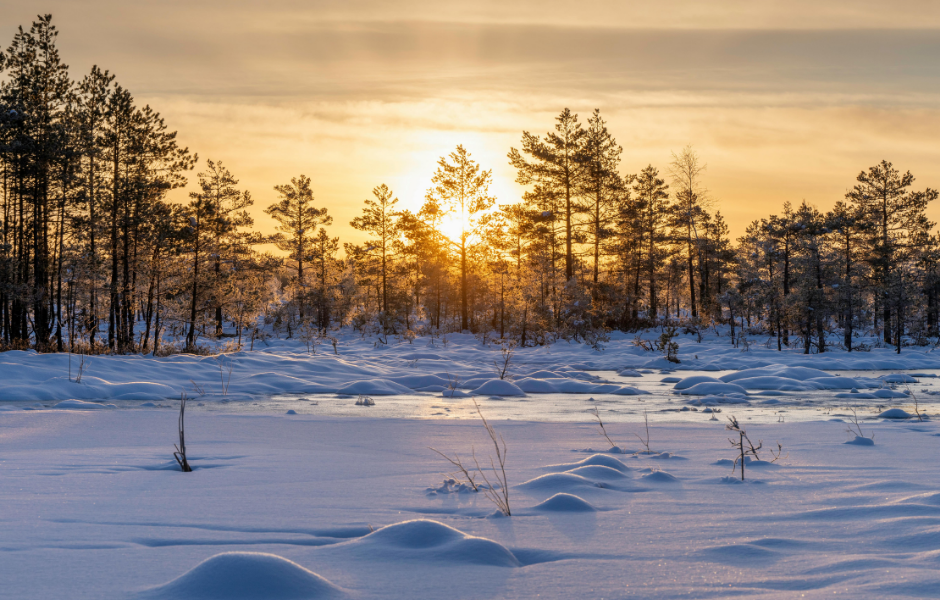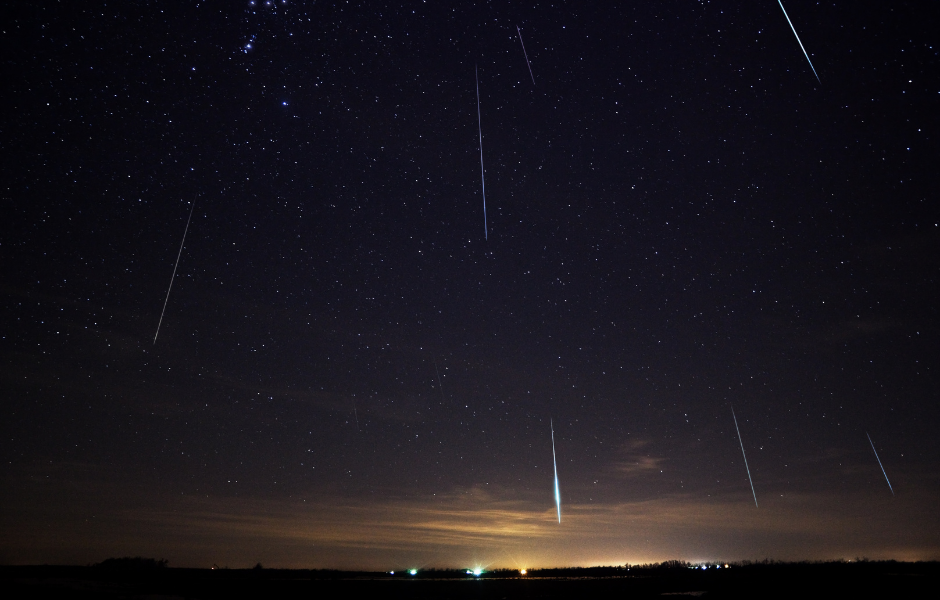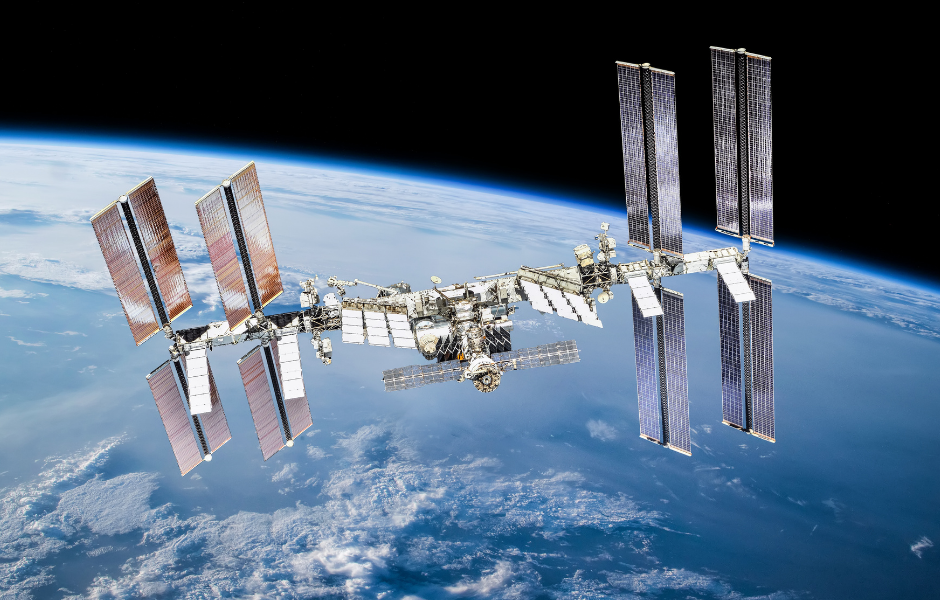
This children’s article, What Is the International Space Station? A Kids’ Guide to Life in Orbit, has been written for native English speakers and learners of English as a second or foreign language. It can help children build vocabulary, learn about space exploration, and discover how astronauts live and work above Earth. Written by Mark Pulley, a teacher and writer who creates fun and informative news articles for English learners.
What is the International Space Station?
The International Space Station, or ISS, is a giant science laboratory that orbits around Earth about 400 kilometres above us. It travels at incredible speed, roughly 28,000 kilometres per hour, and circles the planet about 16 times every day! From the ground, it looks like a bright, fast-moving star crossing the night sky.
The ISS is special because it’s not owned by one country. It’s an international project built and used by many space agencies, including NASA (United States), Roscosmos (Russia), ESA (Europe), JAXA (Japan), and CSA (Canada).
What is the International Space Station?
The International Space Station, or ISS, is a giant science laboratory that orbits around Earth about 400 kilometres above us. It travels at incredible speed, roughly 28,000 kilometres per hour, and circles the planet about 16 times every day! From the ground, it looks like a bright, fast-moving star crossing the night sky.
The ISS is special because it’s not owned by one country. It’s an international project built and used by many space agencies, including NASA (United States), Roscosmos (Russia), ESA (Europe), JAXA (Japan), and CSA (Canada).
What do astronauts do there?
Astronauts on the ISS carry out all kinds of experiments that can’t be done on Earth. They study how living in space affects the human body, how plants grow without gravity, and how materials behave in space.
Their research helps scientists understand what humans will need for future missions to the Moon and Mars.
The ISS is also a place where astronauts from many countries live and work together. They spend about six months at a time onboard, sharing meals, floating through modules, and even filming educational videos for schools back on Earth.
The future of the ISS
The ISS has been home to astronauts for over 20 years, but it won’t stay in orbit forever. Space agencies plan to keep it running until around 2030. After that, it may be replaced by new commercial space stations, possibly run by private companies.
Even when it’s gone, the ISS will always be remembered as one of the greatest examples of international teamwork and scientific discovery in history.
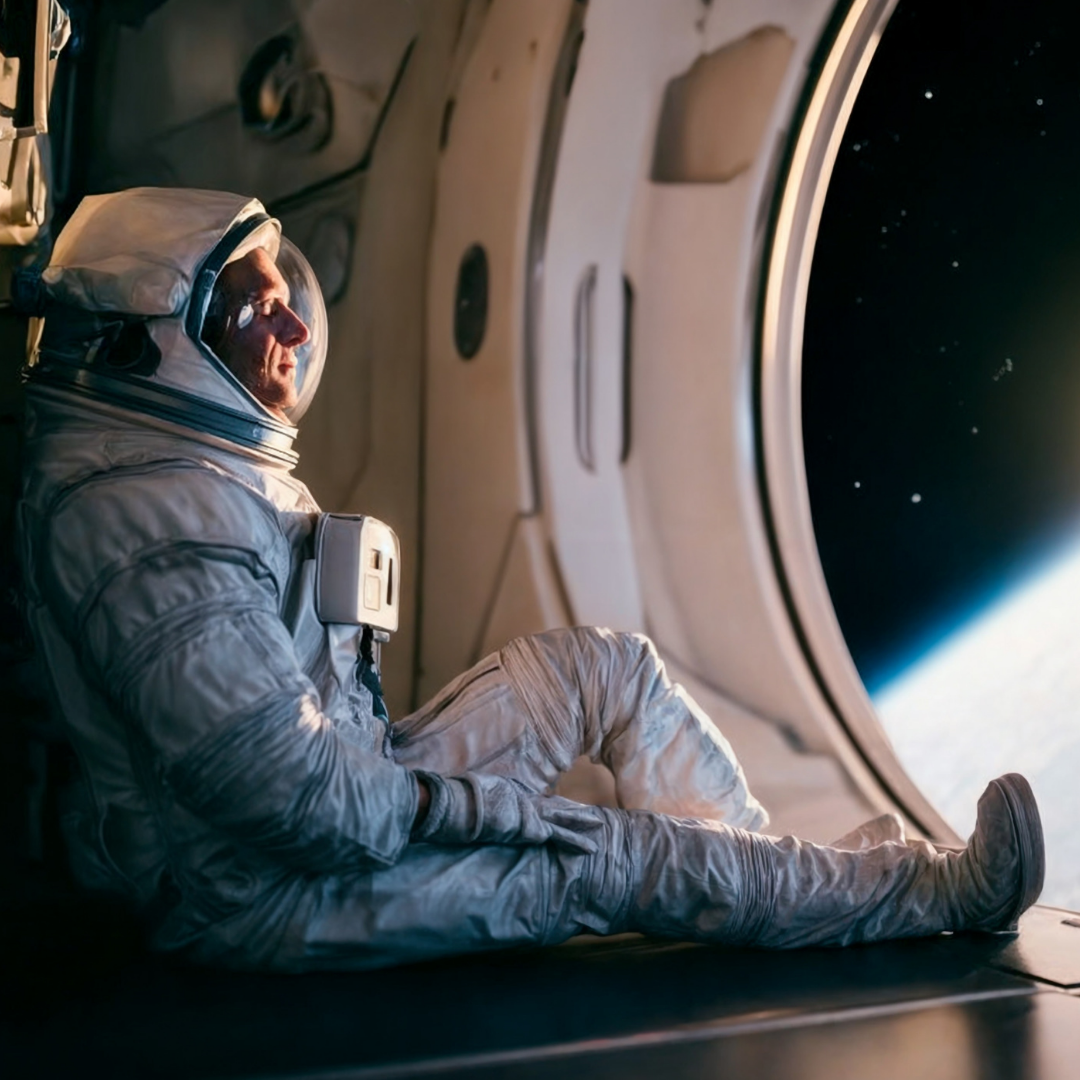
Article vocabulary list
- Orbit – the curved path something takes as it goes around a planet or star
- Laboratory – a place where scientists do experiments
- Zero gravity – a condition in space where things float because there’s no pull from gravity
- Module – one of the sections that make up the ISS
- Solar panel – a device that uses sunlight to create electricity
- Experiment – a test done to learn something new
- International – involving people or countries from around the world
- Commercial – related to businesses or companies, not just governments
Comprehension questions
Just click the plus (+) to see the answer
1. How high above Earth does the ISS orbit?
A) About 400 kilometres
B) About 40 kilometres
C) About 4,000 kilometres
Answer: A) About 400 kilometres
2. When was the first part of the ISS launched?
A) 1980
B) 1998
C) 2008
Answer: B) 1998
3. Which countries are part of the ISS project?
A) The United States, Russia, Europe, Japan, and Canada
B) Only the United States
C) Only Russia and China
Answer: A) The United States, Russia, Europe, Japan, and Canada
4. What do astronauts do on the ISS?
A) They test new recipes
B) They carry out scientific experiments
C) They relax and take photos
Answer: B) They carry out scientific experiments
5. What does the ISS symbolise?
A) The biggest rocket ever built
B) International teamwork and science
C) A holiday resort in space
Answer: B) International teamwork and science
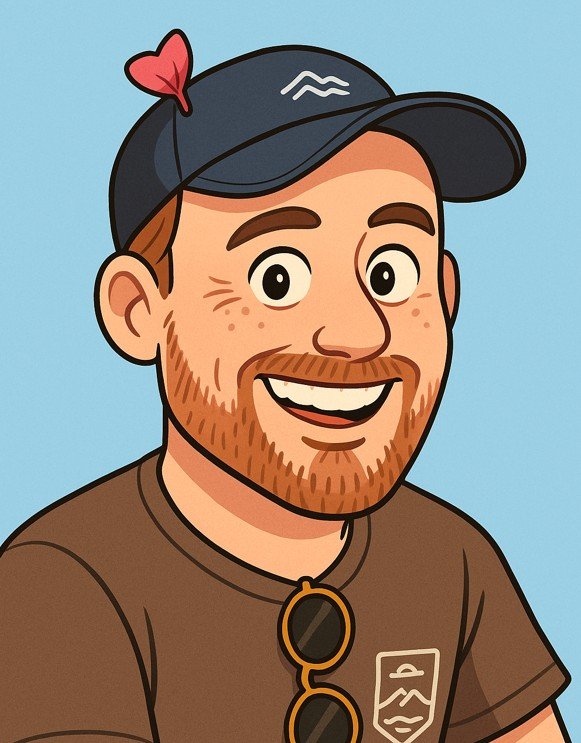
Mark is a writer and EFL teacher from England with eight years’ experience. He’s passionate about travel, sport (especially football), animals, nature, and history, and enjoys helping children explore the world through language and learning.


